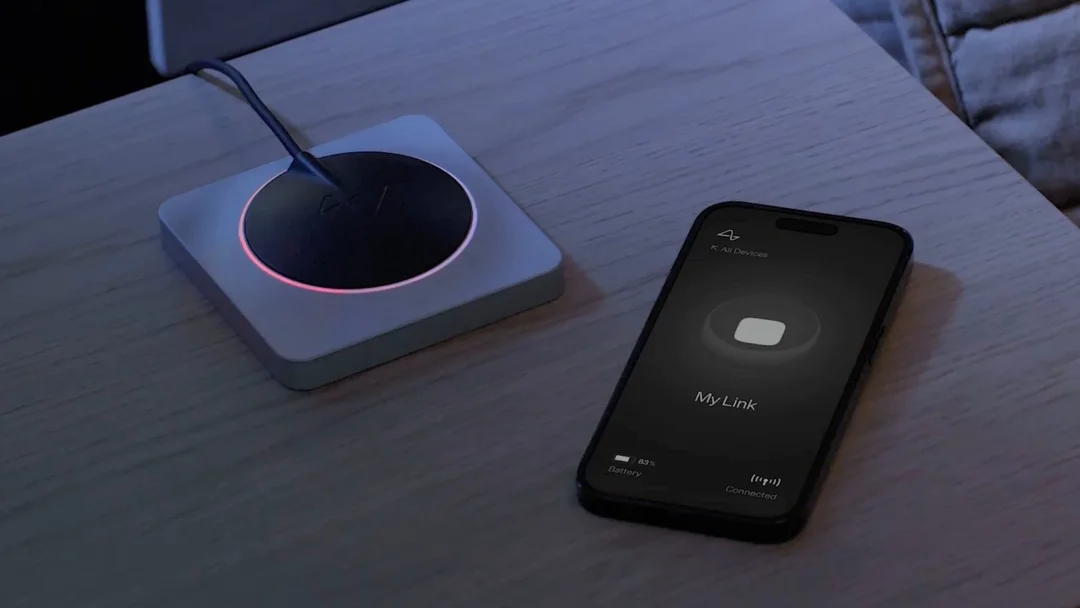
Apple Explores Mind Control Tech: Revolutionizing Device Interaction with Brain-Computer Interfaces
Apple is diving headfirst into the future, exploring groundbreaking brain-computer interface (BCI) technology that could one day allow users to control their devices with just their thoughts. This ambitious project aims to make Apple products more accessible to individuals with disabilities, offering a potential lifeline for those who struggle with traditional input methods.

According to a report in The Wall Street Journal, Apple is collaborating with Synchron, a startup specializing in neural interface technology. The goal is to enable iPhone control through neural signals captured by a new generation of brain implants. This could be a game-changer for tens of thousands of people affected by severe spinal cord injuries or neurodegenerative diseases like amyotrophic lateral sclerosis (ALS), who often find it difficult or impossible to use their hands.
Imagine controlling your iPhone or Vision Pro simply by thinking about it. For individuals like Mark Jackson, an ALS patient already using Synchron's BCI technology to control an Apple Vision Pro, this isn't just a dream – it's a reality. Jackson's experience highlights the potential transformative impact of this technology on the lives of people with disabilities.
While still in its early stages, this project demonstrates Apple's commitment to innovation and accessibility. The move could significantly broaden the reach of Apple's ecosystem, enabling users to interact with technology in intuitive and assistive ways. Though the specifics of Apple's approach are still under wraps, the collaboration with Synchron indicates that Apple is serious about pushing the boundaries of human-computer interaction.

This development also raises intriguing questions about the future of technology. Will brain-computer interfaces become commonplace, revolutionizing how we interact with all our devices? What ethical considerations must be addressed as this technology advances? Apple's venture into BCI technology is a bold step towards a future where technology seamlessly integrates with the human brain, offering new possibilities for communication, control, and accessibility.
What are your thoughts on Apple's exploration of brain-computer interfaces? Share your opinions and predictions in the comments below!